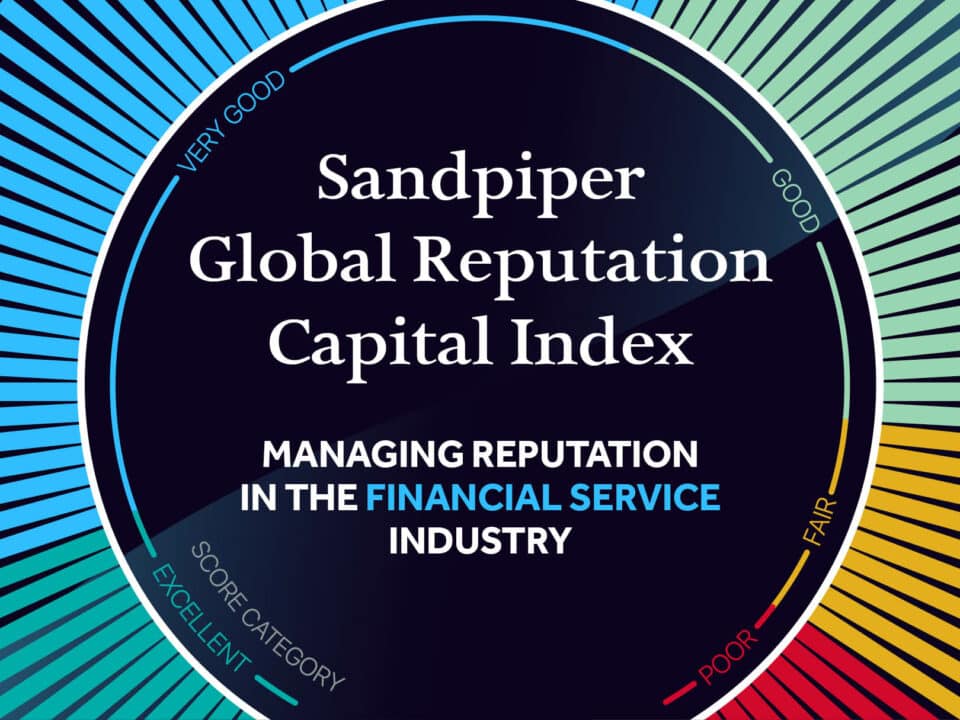Entering 2025, sentiment about Thailand was cautiously optimistic. There were promising signs of a rebound in tourism, a pick-up in the economy, and after years in exile the return of Thaksin Shinawatra appeared to have stabilised politics. Yet it’s been a rough 2025 since then, and it now promises a potentially seismic end to the year. We look at the developments, the complexities faced by business leaders, corporate affairs practitioners, and policy advisers, and how to navigate a safe path through them.
- All
- AI and Emerging Technology Integration
- Aviation
- Capital Markets
- Company News
- Consumer Brands
- Content Strategy
- Corporate Communications
- Crisis and Issues Communications Management
- Digital Communications
- Education
- Energy and Environment
- Environmental, Social and Governance (ESG)
- Financial
- Government and Public affairs
- Health
- International media
- Media Relations
- Multimedia Design and Production
- Primary Industries
- Professional Services
- Property and Infrastructure
- Public Relations
- Research
- Strategy
- Technology
- Travel and Hospitality
Innovative drugs and devices are being made more accessible in general across the region, while public healthcare coverage differs substantially from country to country, giving rise to a range of hybrid, multi-payment systems and different types of public-private partnerships.
Cybersecurity is a dynamic and volatile topic for organisations and it has only become more complex by the rapid growth of AI, which brings benefits to users and cybersecurity firms but also, increasingly, to bad actors. In this evolving landscape, leaders must ask: how can my organisation make sure AI works for us, and not against us?
Our Reputation Capital financial services research features the responses of 307 global leaders in the financial services sector – financial advisors, asset managers, bankers, private equity, fintech and more – across six contents.
On 3 May, both Australians and Singaporeans went to the polls, with regional observers closely monitoring their respective federal and general elections for domestic implications and broader geopolitical impact. Just days earlier, on 30 April, President Trump marked his hundredth day in office – during which his administration has had deep impacts across Asia.
In Asia's rapidly changing digital landscape, businesses are making vital transformations to combat digital marketing fatigue. As international platforms become increasingly saturated, companies are shifting their focus to localised digital touchpoints. This strategic move reflects a deep understanding of Asia's diverse cultural landscape and technological trends, leading to innovative approaches in brand reputation, market expansion, thought leadership, and demand generation.







